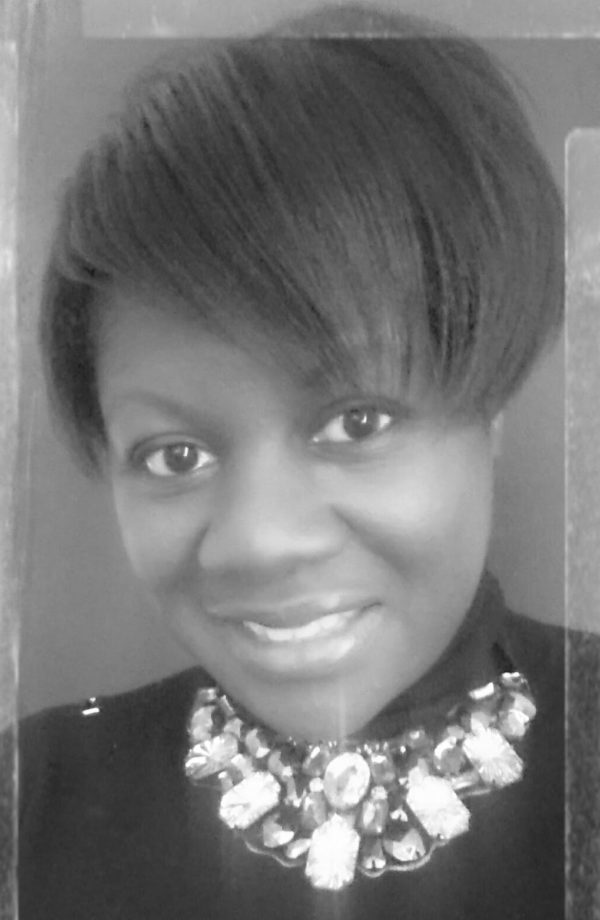Dear lameadvice.com, I want to learn how to write a cover letter to send to a publisher along with my manuscript. Please can you tell me how I should go about doing this?
Dear S.K.
Most certainly! Writing a cover letter is not that hard, just don’t go into detail about your story. You want to keep the publisher interested, not bored. The less said the better!
Here’s a cover letter sample. Feel free to copy and paste. I’ve added some notes for guidance.
Good luck!
Dear Sir/Madam,
I would like you to consider publishing my novel called, “Intriguing Insight into All and Everything”. The manuscript is 160,011 words exactly. It tells the story of a big white house in the middle of the countryside.
Always quote your genre and the audience you are writing for because the publisher won’t have a clue:
It’s a supernatural thriller with a bit of fantasy and humour thrown in. It will appeal to both adults and children of all ages.
Be humble. If you don’t have any writing experience tell them straight:
Unfortunately, I don’t have any writing experience and have never been published, but I do like to write when I have nothing better to do. I read a lot too.
Point out that nobody else has read your work, while highlighting your proofreading skills.
No one has ever read my work. I asked my sister to browse through it, but she said she was too busy. However, I did proofread it a couple of times after I wrote it.
Let them know why you chose them:
I chose to send you my work because I was going through the Writers and Artists Year Book in alphabetical order and you were first on the list.
List as many hobbies and interests as you can. This shows that you have a life outside of writing and possess multi-talented facets.
I have an administrative role in a stationary office. I also enjoy baking, playing chess, dancing, reading, running, watching TV, socialising, and learning French.
Show keenest:
I’ll contact you in a couple of days if I haven’t heard from you. Please let me know with whom I can make an appointment. Hopefully, we can do lunch!
Thank you!!! xoxox
Yours sincerely,
lameadvice.com
On a serious note:
It is important that you get the cover letter right. You can draw up a basic cover letter template. Dependant on the literary agent’s guidelines, you can always alter it to suit their needs. Some literary agents like to a bit of humour injected into the cover letter, others prefer a cover letter to be succinct and to the point. You can opt to compare your work to another successful author – perhaps one they represent. You’re not bragging here; you’re prompting them to see the potential of your novel.
Cover letter pointers:
- Your full contact details should appear on the right hand corner of the letter, or centred at the top of the letter. Your contact details can should include your name, address, telephone number, and email address.
- The date should appear in the top right-hand corner in full format e.g. 29th July 2023.
- You should find out the name of the literary agent to whom you are addressing the letter. You should never address an agent as Dear Literary Agent, but Dear Reader, is okay if you are unable to obtain the name of an agent.
- The first paragraph should announce the fact that you are seeking representation for your novel. State the name of the novel, the approximate word count, the novel type, and the target audience, e.g. adults, teenagers etc. Never give an exact age bracket; the literary agent will decide this.
- You should describe what your novel is about in no more than two short paragraphs. Think about the blurb you read at the back of the book.
- It’s okay to mention anything you’re currently working on, writing achievements, and writers groups to which you belong. Just don’t make false claims.
- If your full-time/part-time job is in no way related to your genre of writing, you can mention it, leaving out the details.
- Thank the literary agent/publisher for their consideration.
- Don’t use fancy fonts in your covering letter. Remember, “Times New Roman” and Arial are your friends; “Comic Sans” and “Franklin Gothic”, your enemies.
- Don’t be over familiar in your letter. Even if you have spoken to the literary agent over the phone, don’t address them like an old friend e.g. “Hey Sally. What’s up?”
- Don’t make unsupported claims, or brag about the potential of your novel. Making statements like, “The book industry won’t know what’s hit them!”, will see your manuscript in the bin before it’s ever read.
- Don’t mention how your friends and relatives have read your work and think its fab.
- Don’t mention why you chose your selected literary agent unless you have thoroughly researched them. If your work is similar to another author the literary agent represents, mention it. Note of caution: you should have read the book to which you are referring.
- Don’t make demands, e.g. asking the literary agent to meet you for lunch, or asking them for a pay advance.

Biography S.K. Holder was born in Kent. She currently resides in Essex. She graduated from the London Metropolitan University with a degree in Social Sciences & Computer Studies. She is a member of the Society of Children’s Books Writers & Illustrators.


